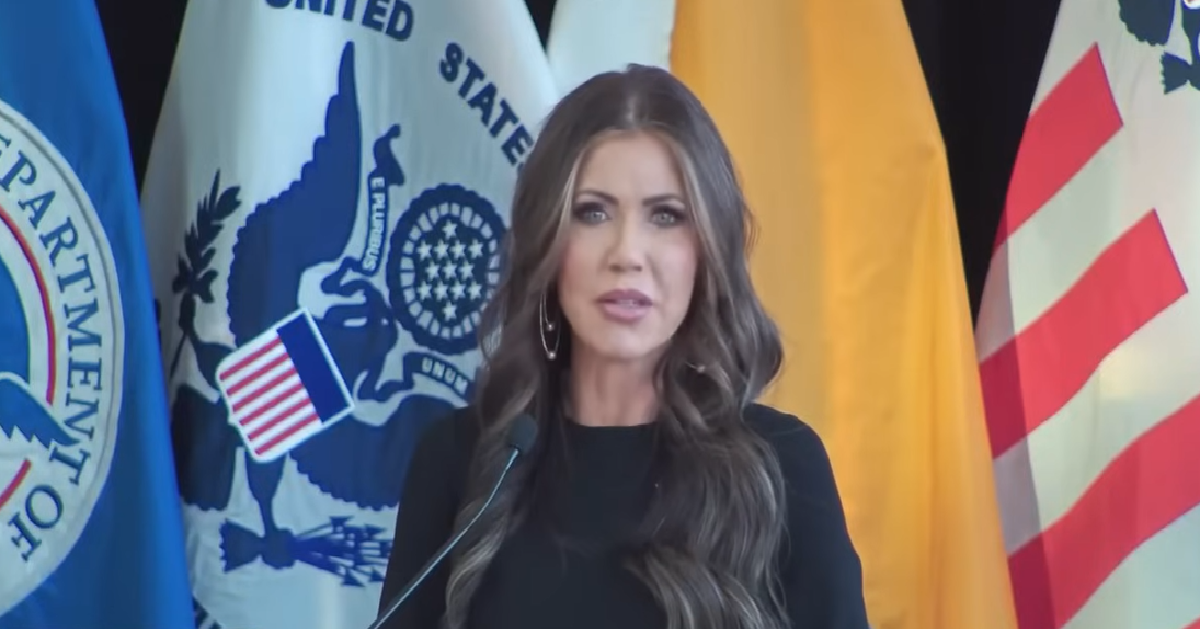Chief Justice Roberts reins in Sotomayor's repeated interruptions
The nine justices of the United States Supreme Court are known to be a collegial group, but at times even that breaks down when decorum goes by the wayside.
Despite the nation's high court's ability to work by many of its own rules, the chief justice still has a lot of latitude to rein things in, as Fox News reported.
That was on display this week when Court Chief Justice John Roberts took it upon himself to make sure both sides in the case were able to make their cases, much to the chagrin of some of his leftist colleagues and listeners.
What Happened
This week, Chief Justice Roberts stepped in to mediate a dispute between U.S. Solicitor General John Sauer and leftist Justice Sonia Sotomayor on birthright citizenship and the current judicial injunctions.
During Thursday's argument about birthright citizenship and nationwide court injunctions, Chief Justice Roberts reined in Justice Sonia Sotomayor.
Upon taking over from Justice Clarence Thomas, Sotomayor initially dominated questions during Thursday's argument.
Pushing Harder
She repeatedly spoke over and interrupted Solicitor Sauer, who was representing the Trump administration, as they discussed multiple issues about the power of federal courts to grant worldwide injunctions.
It was appropriate for a federal court to issue an injunction against Trump's contentious order nullifying birthright citizenship, according to Sotomayor, who said that the order violated four Supreme Court precedents.
"You are claiming that not just the Supreme Court, that both the Supreme Court and no lower court, can stop an executive from universally violating holdings by this court," Sotomayor said.
"We are not claiming that because we're conceding that there could be an appropriate case only in class only," Sauer said.
The Interruptions
"But I hear that--," Sotomayor said, beginning to interrupt Sauer.
"Can I hear the rest of his answer?" Roberts interjected.
Sauer took the opportunity to expand on the government's case that federal courts can only step in to help individual litigants and not the entire country.
According to the administration attorney, there are specific situations in which the Supreme Court can issue injunctions that apply across the country.
The Arguments in Play
During most of his opening remarks on Thursday, Sauer restated the Trump administration's position that nationwide injunctions go beyond the constitutionally granted powers of lower courts under Article III. He made the points that such injunctions "create a host of practical problems" and "transgress the traditional bounds of equitable authority."
He claimed that under the current system, judges are forced to make hasty, high-stakes decisions with little information when faced with universal injunctions.
"They operate asymmetrically, forcing the government to win everywhere," and "invert," according to the administration's perspective, the typical hierarchical system of appellate review. Because of these, there is always the chance of contradicting verdicts.
More than 310 federal lawsuits have challenged White House decisions since the beginning of Trump's second presidency on January 20, 2025, according to a data analysis by Fox News. A decision by the Supreme Court in this case might set a precedent that affects the entire country.






